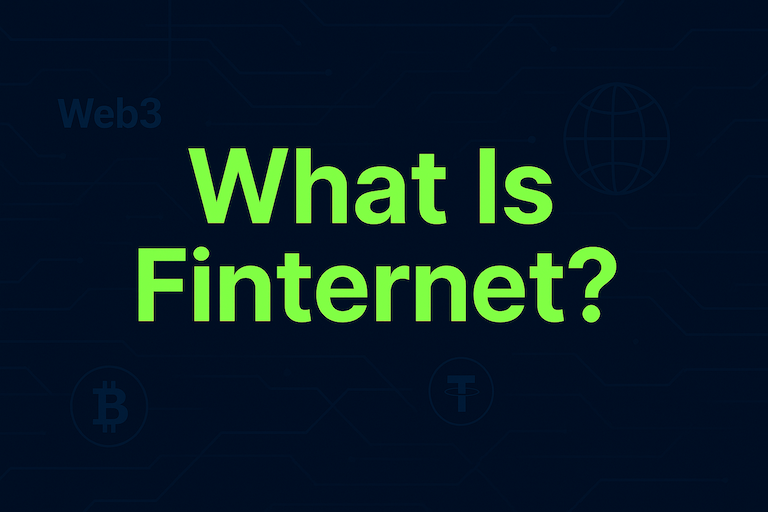Ether (ETH) Price: Factors That Influence Its Value
Jun 12, 2025
Ether (ETH), the native cryptocurrency of the Ethereum network, is one of the most traded digital assets globally. Its price is influenced by a wide range of factors beyond just supply and demand. This article explains what affects ETH’s value and how users can better understand its market movements.
What Is Ether (ETH)?
Ether is the digital currency used on the Ethereum blockchain. It powers smart contracts, decentralised applications (dApps), and transactions across the Ethereum ecosystem.
Unlike Bitcoin, which is mainly seen as a store of value, ETH has broader utility as gas for running applications and interacting with blockchain-based services.
Native token of the Ethereum blockchain
Used to pay for transaction fees (“gas”)
Supports DeFi, NFTs, and smart contracts
Plays a role in governance and staking
Considered both a utility and investment asset
Factors That Affect ETH Price
The price of ETH is affected by technical, economic, and behavioural factors. Understanding these can help investors and users make informed decisions.
Some of the most influential elements are related to network activity, protocol upgrades, market trends, and macroeconomic conditions.
Supply and Demand: The amount of ETH available and how many people want it
Ethereum Network Usage: Higher dApp and transaction activity drives demand
Protocol Changes: Upgrades like The Merge or EIP-1559 affect supply dynamics
Staking: Locking ETH for network validation reduces circulating supply
Investor Sentiment: Market optimism or fear can drive price up or down
The Role of Ethereum Upgrades
Ethereum regularly undergoes upgrades to improve performance, scalability, and energy efficiency. These changes directly impact ETH’s functionality and appeal.
The transition to Proof of Stake (PoS), for example, significantly reduced energy use and added staking rewards for validators.
The Merge moved Ethereum from Proof of Work to Proof of Stake
EIP-1559 introduced fee-burning, making ETH more deflationary
Upcoming upgrades may increase scalability
Each upgrade influences user and developer interest
Technical improvements often correlate with price movement
Market Conditions and Competition
Global economic trends and the broader crypto market also affect ETH’s value. Additionally, competition from other Layer-1 platforms can impact Ethereum’s dominance.
Increased adoption of alternatives like Solana or Avalanche may shift demand away from ETH in some sectors.
Interest rates and inflation affect investor appetite for risk assets
Crypto regulations can influence market confidence
Competition from other blockchains affects usage and developer choices
Overall sentiment in the crypto market plays a role
News and social media can quickly move prices
Conclusion
The value of Ether (ETH) is shaped by a mix of on-chain activity, technical upgrades, market dynamics, and global economic factors. As Ethereum continues to evolve, understanding what moves ETH’s price is essential for anyone participating in the digital asset space.
Now that you understand the key drivers behind ETH’s price, keep learning and stay informed when navigating the crypto market.
Start your safe cryptocurrency journey now
Fast and secure deposits and withdrawals, OSL safeguards every transaction !


